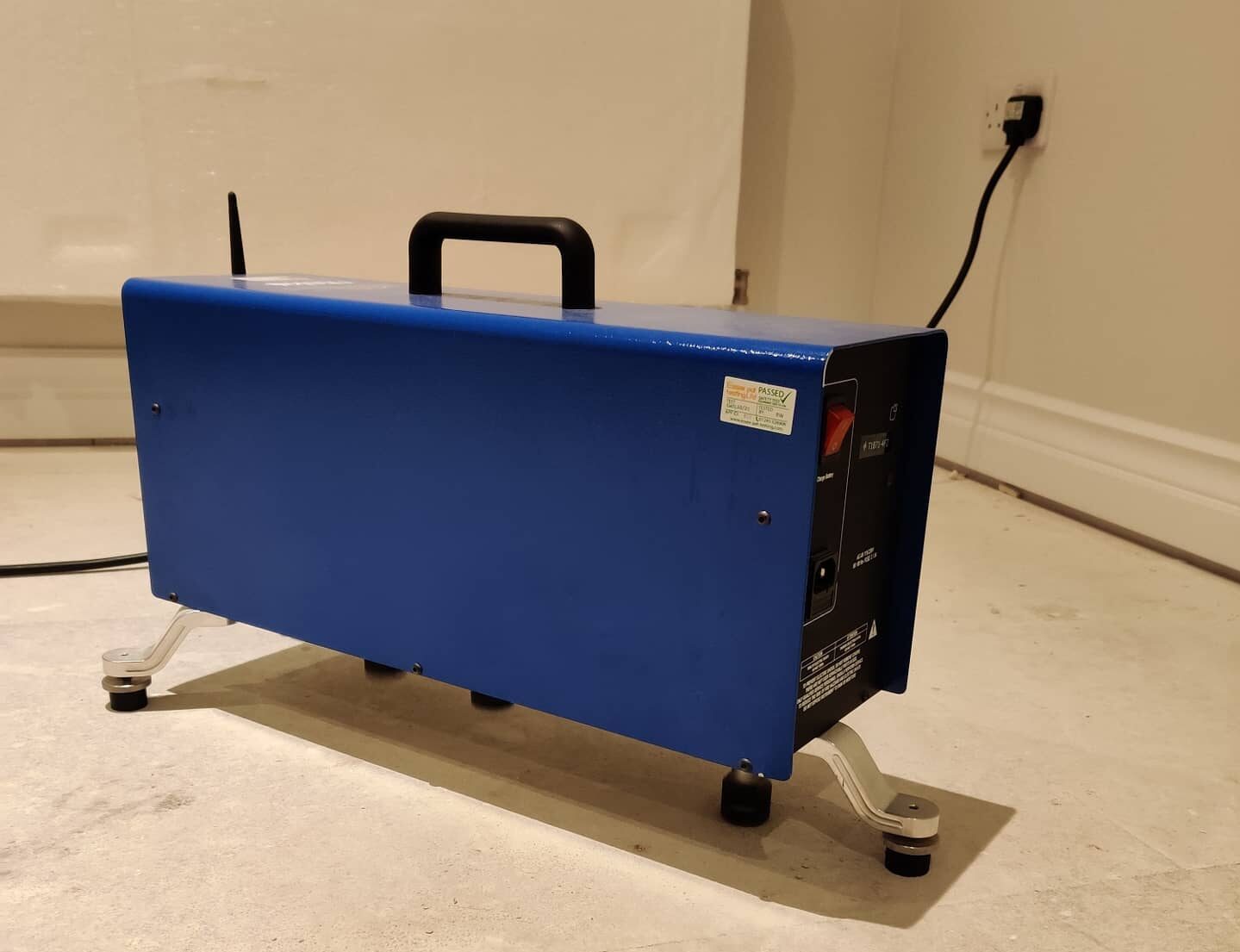
Building Acoustics Design Review
Building Compliance Testing Limited can provide you with a fast and cost effective Building Acoustics Design Reviews across London, Home Counties and East Anglia.
 Building Acoustics Design Review
Building Acoustics Design Review
Building acoustic advice is essential for the successful design and construction of buildings with optimal acoustic performance. It includes several key elements:
Design Reviews: Design reviews are a critical step in the building acoustic process. They involve evaluating the architectural and structural plans to ensure that the design incorporates appropriate acoustic measures. This stage allows for early identification of potential acoustic issues and the integration of solutions into the design, which is often more cost-effective than addressing problems later in the construction process.
Interim Testing: Interim testing involves conducting acoustic tests during the construction phase. These tests help assess whether the building is meeting the required acoustic standards and identify any issues that may need to be addressed before the project is completed. Interim testing ensures that problems are identified and resolved promptly, avoiding costly retrofits after construction.
Compliance with Part E: Compliance with Building Regulations Part E in the UK is crucial. Part E specifically focuses on the acoustic performance of buildings. It sets out the legal requirements for sound insulation between dwellings and provides specific criteria for airborne and impact sound insulation. Building acoustic advice emphasizes the importance of adhering to Part E to ensure that the building meets the minimum acoustic standards set by the regulations.
In summary, building acoustic advice underscores the importance of design reviews, interim testing, and compliance with relevant regulations such as Part E. These elements collectively contribute to creating buildings with effective sound insulation, ensuring a comfortable and noise-controlled indoor environment for occupants while minimizing potential disputes with neighbours or regulatory authorities.
Contact Us
To discuss your Sound Insulation Testing requirements or to schedule a test, please don’t hesitate to contact us:
- Tel: 01621 493594
- Email: contact@buildingcompliancetesting.com
Ensure your property meets the necessary sound insulation standards with our accredited testing services. Get in touch today to arrange your testing and compliance.
Frequently Asked Questions
How do I prepare for a Sound Insulation Test?
- Ensure 240v mains electrical outlet is available in all rooms to be tested.
- Access to site is safe and to all the rooms throughout the building. If the adjacent dwelling is under
different ownership it is your responsibility to ensure access is available for the testing. - All rooms where testing is to occur is vacated of all trades during the sound test.
- All site staff are made aware of the sound test and the requirement to keep background noise to a
minimum. - Any noisy building work in the vicinity of the sound testing will need to be stopped. This can be ground
works, cleaning, paining, radios or beeping smoke alarms. - Ventilation extractor systems are to be turned off during the sound test.
- For the impact test carpets are removed.
The rooms in both sides of the separating element is ≥ 25 m3. - A set of sound test consists of two airborne wall tests, two airborne floor tests and two impact tests. This
applies where the same construction in the walls and floors are used throughout the building. If different
construction is used, then more sound tests will be required.
We’re friendly and knowledgeable bunch so why not get in touch for a chat. You can always contact Building Compliance Testing with any questions through phone, email or our online chat service.
Don’t worry, we don’t charge for advice given over the phone, so why not ask for a free quote?
01621 493 594 | contact@buildingcompliancetesting.com
Let's Talk About Your Project?
Questions? We've Got Answers!
Find below a list of common frequently asked questions about Air Permeability Testing.
